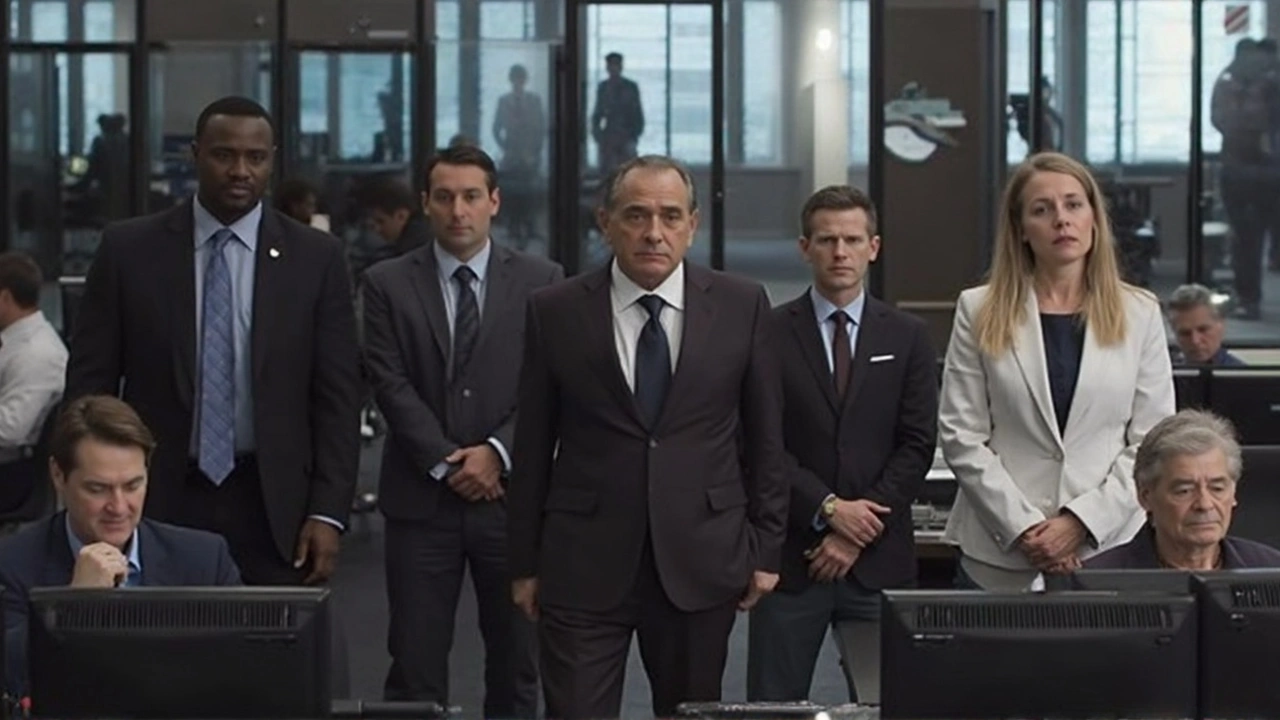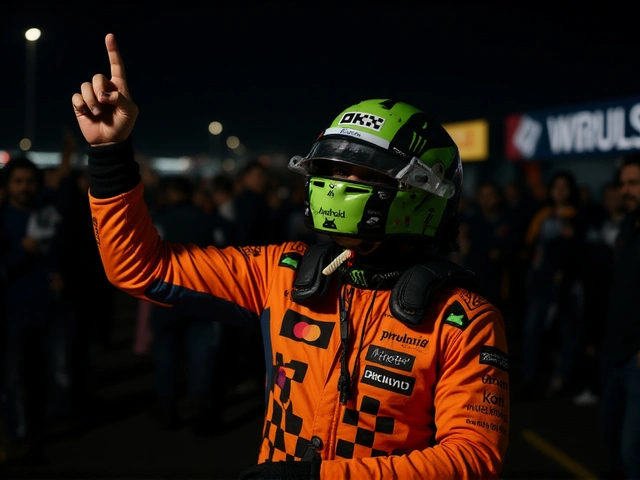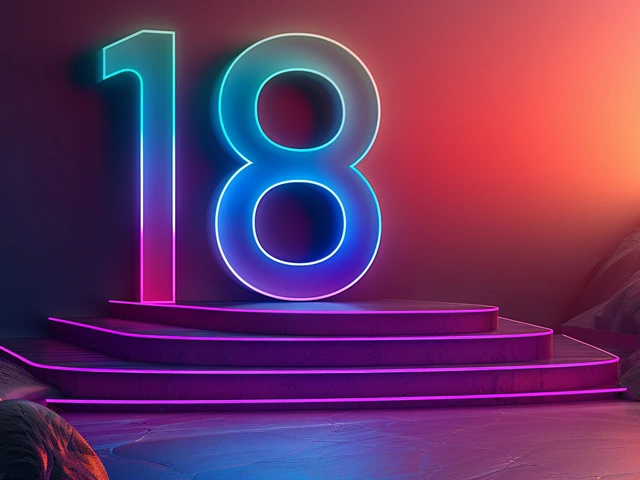
Netflix's latest political thriller, Zero Day, has hit the screens and it's causing quite the conversation, but not always in a positive way. This hotly anticipated series marks the grand TV entrance of the legendary Robert De Niro, playing the role of a former U.S. president named George Mullen. With iconic scenes of political intrigue and cyber chaos, one would think it had all the ingredients for success.
Yet, the reception has been anything but a royal welcome. Critics and fans are voicing their thoughts, creating a whirlwind of mixed reviews. The excitement surrounding De Niro in his debut TV role stands out, showcasing his acting prowess as always. However, it seems the storyline might have taken a backseat.
The Story: A Battle of Politics and Cyber Threats
Zero Day unfolds as President George Mullen deals with a massive cyberattack that threatens national security, in a world tangled with disinformation and political conspiracies. The storyline attempts to reflect today's digital and political emergencies but many feel it misses the mark.
Critics and audiences alike have raised eyebrows at its so-called 'on-the-nose' political messages. Despite aiming to tackle important themes, the series struggles with depth. Unlike the complexity and intrigue seen in classics like The Manchurian Candidate, Zero Day's execution seems 'rushed' and the narrative 'superficial'.
Though the cast sparkles with names like Angela Bassett, Jesse Plemons, and Joan Allen, the series holds a low 45% score on Rotten Tomatoes. Words like 'predictable' and 'contrived' punctuate the reviews, pinpointing a lack of impactful storytelling.
Audience Reception: Love, Hate, and Everything In-Between
Taking it to the court of public opinion—social media—the reactions are as diverse as they come. Some applaud De Niro's commanding performance, finding him captivating as always. However, mentions of 'silly' and 'disappointing' bubble to the surface among social media critiques.
For viewers, the series presents a conundrum. The high expectations set by its star-studded lineup and intriguing premise perhaps set the bar a tad too high. Sure, it flirts with modern-day issues like misinformation, but it does so with a touch that lacks the compelling storytelling audiences crave.
Zero Day reminds us that even with a remarkable cast and relevant themes, the magic of TV lies in its power to genuinely engage and surprise. And when that fizzles, audiences won't be shy to let their opinions flow, loud and unfiltered.
11 Comments
Write a comment
More Articles

Norris Takes Pole, Then Gets DQ’d as Verstappen Wins Las Vegas GP Amid McLaren Scandal
Lando Norris took pole in wet conditions at the 2025 Las Vegas Grand Prix, but was later disqualified for skid wear infringement, handing victory to Max Verstappen and reshaping the Drivers' Championship battle.

Arsenal Women Snap Winless Streak with 1-0 Victory Over Brighton
Arsenal Women ended a four‑game winless streak with a 1‑0 win over Brighton, moving into fifth in the WSL and tightening the race for European spots.

Apple to Release Public Betas of iOS 18, macOS Sequoia, and More This July
Apple revealed at its WWDC 2024 Keynote that public betas for iOS 18, iPadOS 18, macOS Sequoia, watchOS 11, tvOS 18, and HomePod software version 18 will roll out in July. While no exact dates were mentioned, Apple Developer Program members can already dive into testing the new updates, including visionOS 2.
Disha Haloi
February 21, 2025 AT 16:49When the mantle of leadership collides with the circuitry of surveillance, the story often devolves into a hollow echo of its own ambition. De Niro’s presence feels like a statue thrust onto a crowded stage, demanding reverence while the script stumbles over its own rhetoric. The series pretends to dissect the digital age but ends up shouting slogans louder than any nuanced debate. It’s as if the creators wanted a political sermon more than a thriller. The result is a pretentious façade that masks a lack of genuine insight.